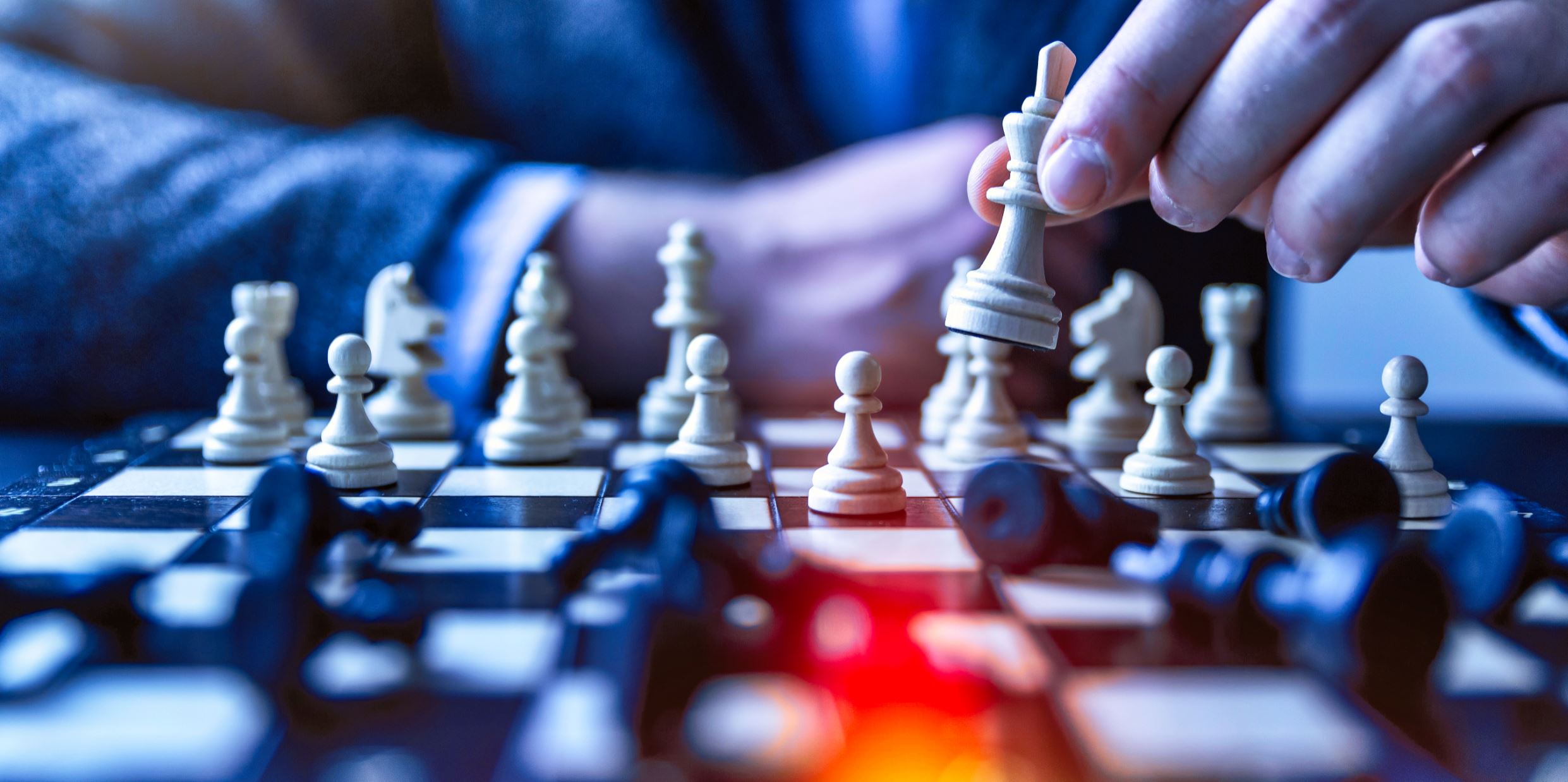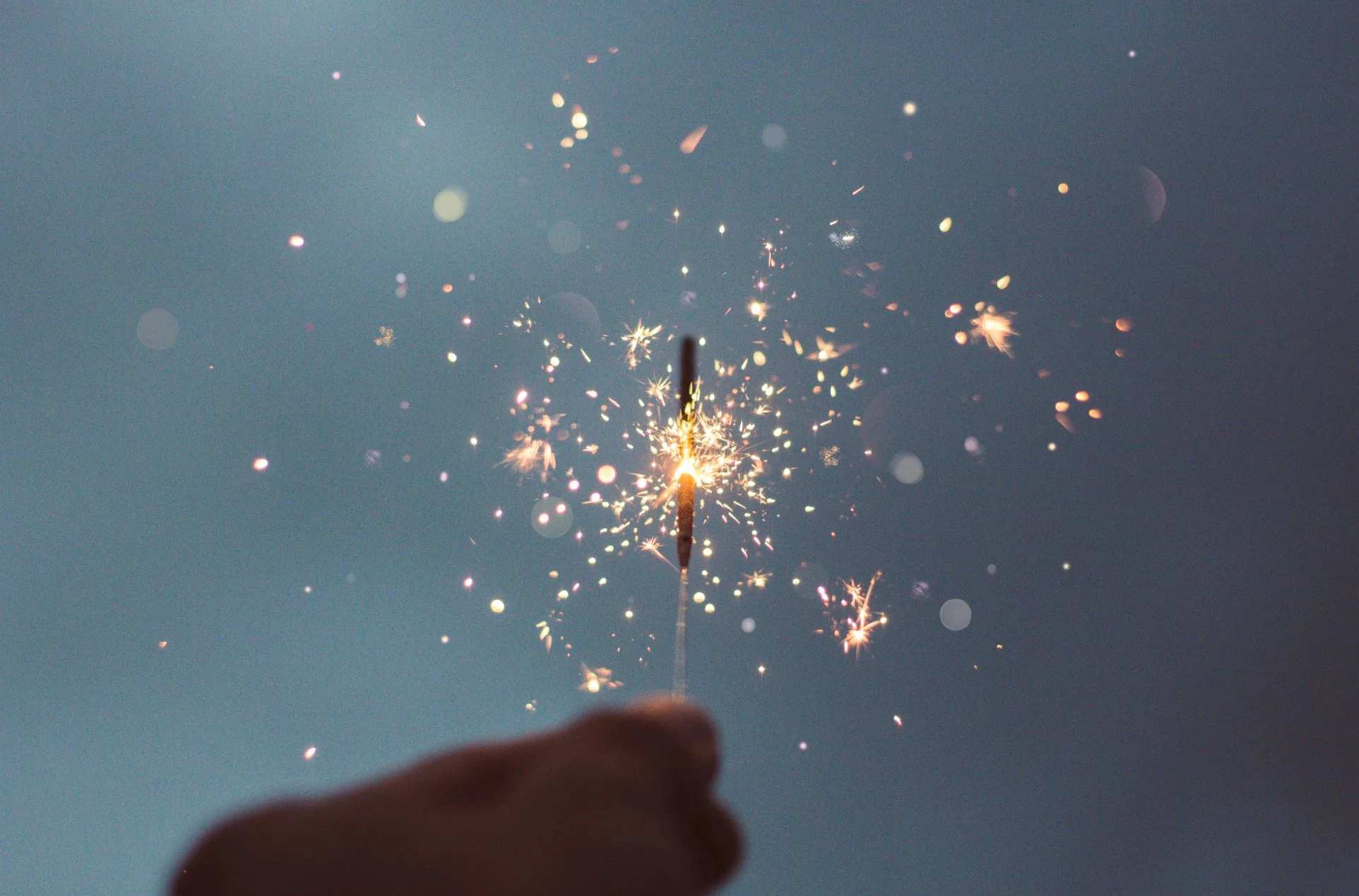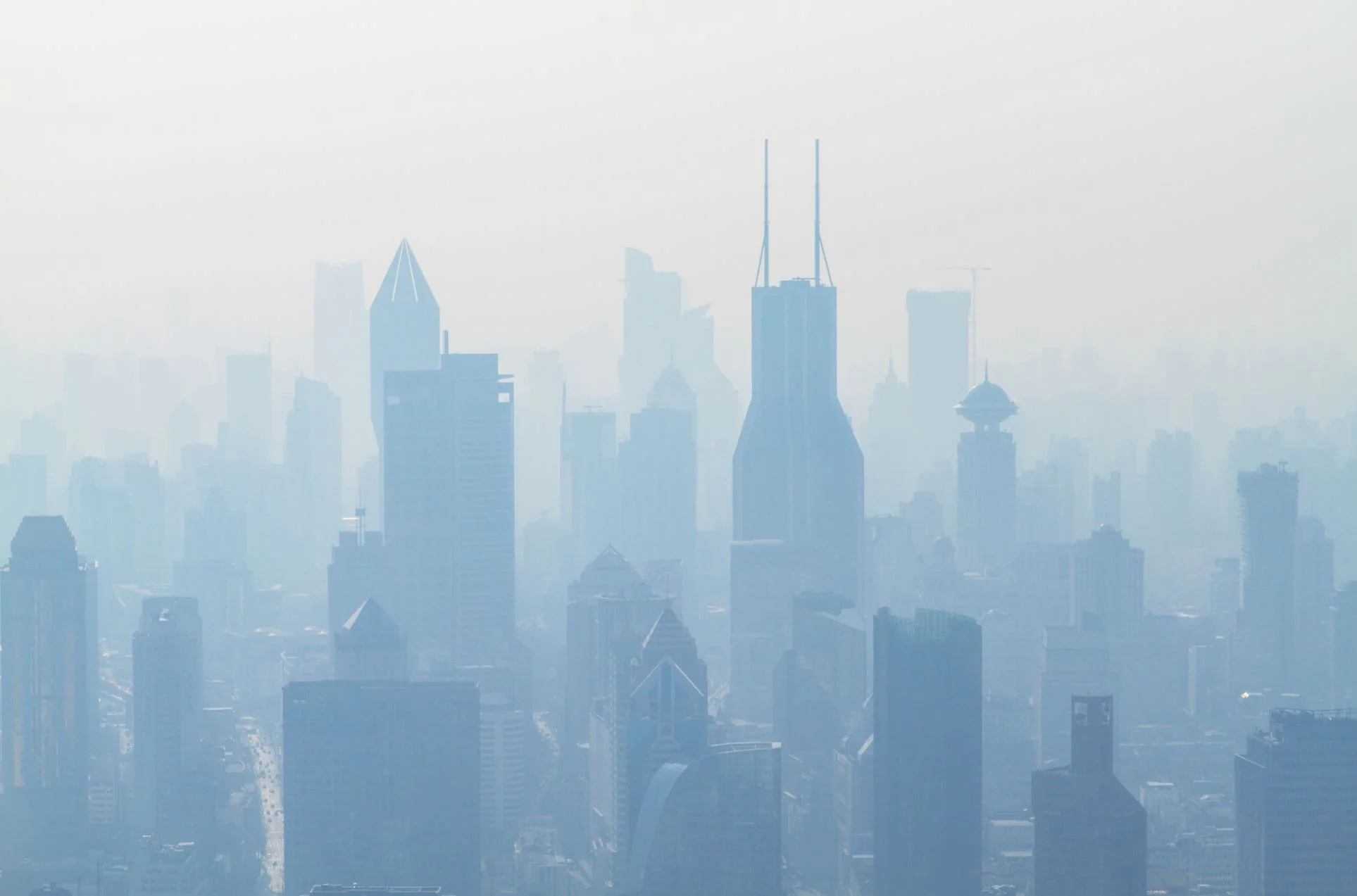Do you prefer to rise early with the lark or stay up late with the owl? Your preference turns out to be partly decided by your genes. Our genetic study of nearly 700,000 people has revealed new insights about the genetics of chronotype – our preference to rise early or sleep late – and how it influences our mental and physical health.
How to reduce your risks of dementia
It’s cold! A physiologist explains how to keep your body feeling warm
These brain cells make pain feel so bad
Our obsession with taking photos is changing how we remember the past
I recently visited the Hermitage in St Petersburg, Russia – one of the best art museums in the world. I was expecting to serenely experience its masterpieces, but my view was blocked by a wall of smart phones taking pictures of the paintings. And where I could find a bit of empty space, there were people taking selfies to create lasting memories of their visit.
Why you should stop buying vitamins and get more sleep instead
You’re probably brushing your teeth wrong – here are four tips for better dental health
We all know the advice for healthy teeth – brush twice daily and don’t eat too much sugar. So why do those of us following these instructions find we sometimes need a filling when we visit the dentist? The truth is, there’s a little more to preventing tooth decay than these guidelines suggest. Here’s what you need to know.
Engineers create an inhalable form of messenger RNA
When pets are family, the benefits extend into society
There is a growing global trend to consider pets as part of the family. In fact, millions of people around the world love their pets, enjoying their companionship, going for walks, playing and even talking to them. And there is evidence suggesting that attachment to pets is good for human health and even helps build community.
Making New Year’s resolutions personal could actually make them stick
Five life lessons from your immune system
Seasonal affective disorder: your eye colour might be why you have the ‘winter blues’
Why does it feel good to see someone fail?
Health Check: when should you throw away leftovers?
Why two people see the same thing but have different memories
Will wearing your coat indoors make you feel colder outside? A scientist explains
If you’ve ever had to work in a draughty office, warehouse or classroom, you’ve probably been tempted to keep your coat on inside. And you were probably also advised against it because you wouldn’t “feel the benefit” when you went outside. This might seem counter intuitive. If you’re cold already, surely you should do whatever you can to retain warmth? It turns out things aren’t that simple. To understand what’s really going on, we need to know a bit about why we feel cold in the first place.
Why you like coffee, and I choose tea – it’s in the genes
A neuroscientist’s tips for a new year tuneup for your brain
Unlike the effervescent bubbles that stream to the top of champagne flutes on New Year’s Eve, what I call brain bubbles are far from celebratory. These bubbles are metaphorical rather than physical, and they distort the stream of reality processed by our brains. Like a real estate bubble that reflects an inflated perception of home values, a brain bubble twists your perception of the world around you. And when either of these bubbles bursts, the results can be devastating.
What if consciousness is just a product of our non-conscious brain?
As the very word used to describe it has been “worn smooth by a million tongues”, consciousness is a fertile topic for confusion. We all know what it is to be conscious. It is, basically, being aware of and responding to the world. Similarly, we all possess a common sense notion of how consciousness works.
Air pollution may be making us less intelligent
Not only is air pollution bad for our lungs and heart, it turns out it could actually be making us less intelligent, too. A recent study found that in elderly people living in China, long-term exposure to air pollution may hinder cognitive performance (things like our ability to pay attention, to recall past knowledge and generate new information) in verbal and maths tests. As people age, the link between air pollution and their mental decline becomes stronger. The study also found men and less educated people were especially at risk, though the reason why is currently unknown.













